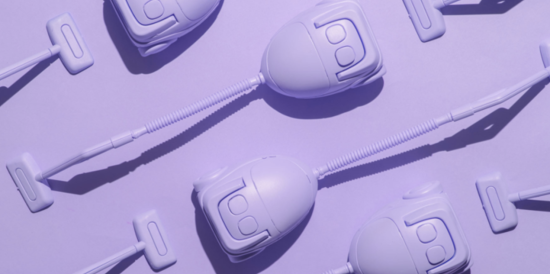Skin Treatments Blog Posts
Skincare hack or hack skincare? Our medically fact-checked articles explain skincare treatments like chemical exfoliation, light therapy, and more.
We’re here to tell you what we know, but don’t take it as medical advice. Talk to your medical provider about your specific health concerns.
Latest from Curology

How getting a proper rosacea diagnosis can help you manage it successfully
Rosacea isn’t curable, but early treatment can help prevent progression.

How to fade dark spots on the back
Hyperpigmentation (aka dark spots) is painless and usually harmless, but there are ways to help reduce its appearance.

When to start using retinol: everything you need to know
The ins and outs of retinol, according to the experts.

5 research-backed habits for healthier skin
Just a few simple lifestyle changes can make a huge difference in the look and feel of your skin.

Pore strips and blackhead vacuums: yay or nay?
The right (and wrong) way to purge your pores

The experts guide to beard maintenance
A well-groomed beard is no accident—but it’s worth the work.

How to fade dark spots on your chest, according to dermatology experts
Topical lotions and sunscreen can reduce dark spots and help prevent new ones from forming.

Can rosacea spread to other parts of your body? What you need to know
Rosacea is most common on your nose, cheeks, chin, and forehead, but it can also occur on your chest, ears, neck, and scalp.

What you need to know about different types of skin marks
Getting a proper diagnosis on the type of skin mark you may have is the first step toward treatment.

5 types of serums that can supplement your skincare routine
Facial serums aren’t necessary to use—but they can help give your skin an extra boost.

Everything you need to know about acne mechanica
Find out how acne mechanica is different from acne vulgaris, and what you can do about it.

Dermatologist-approved skincare tips and products for rosacea
Lifestyle changes—like a rosacea-proof skincare routine—can help put the brakes on rosacea flare-ups.